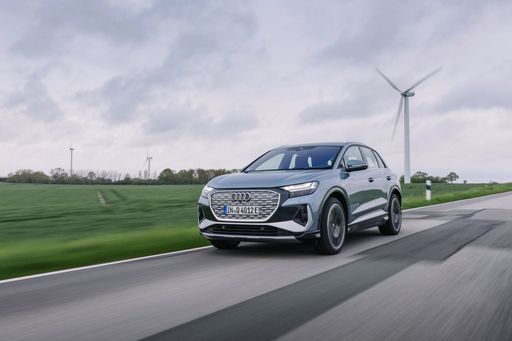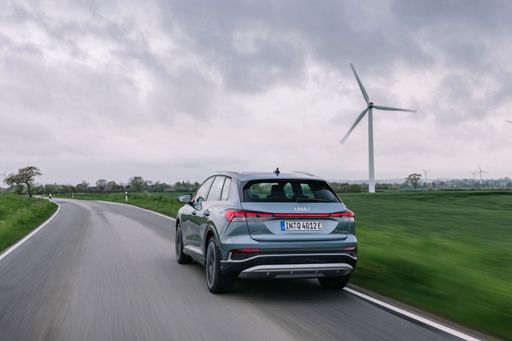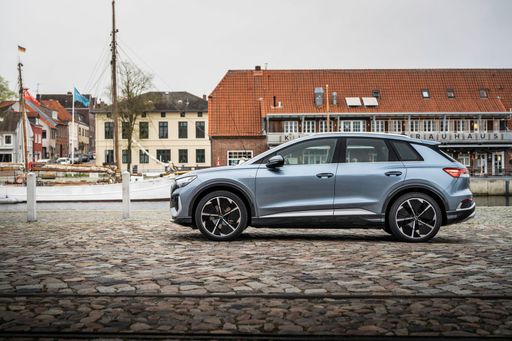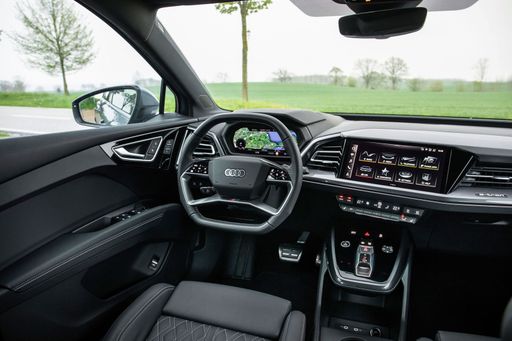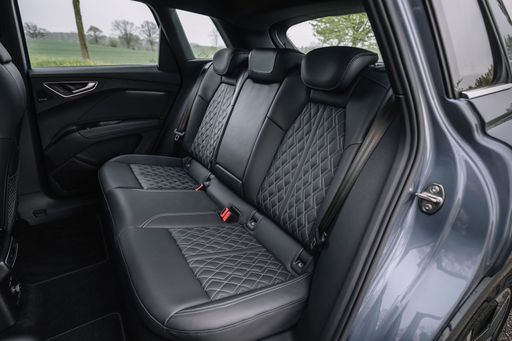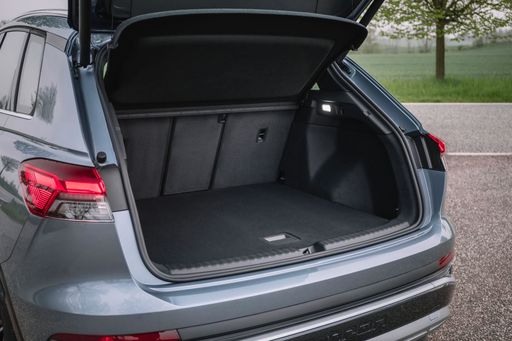Audi Q4 e-tron vs. Hyundai Tucson: A Showdown of Modern SUVs
As the automotive market shifts towards enhanced efficiency and innovative technologies, electric vehicles (EVs) and hybrid models are gaining significant traction among consumers. In this article, we take a closer look at two remarkable SUVs: the Audi Q4 e-tron and the Hyundai Tucson. Both vehicles represent their respective brands' commitment to performance, comfort, and sustainability, but each offers unique attributes that cater to different driver preferences. Let’s dive into a technical comparison of these two compelling options.

